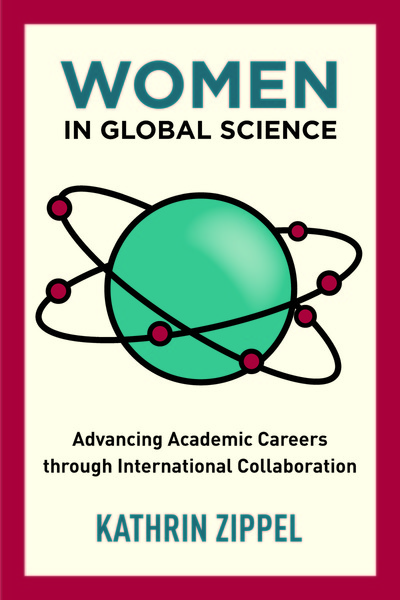As part of the Critical Realism Network Webinar Series, Professor Philip Gorski of Yale University would like to invite you to join the upcoming webinar with Professor Kevin Schilbrack (Department of Philosophy and Religion, Appalachian State University) on Critical Realism and the Academic Study of Religion.
Date: Wednesday, April 19th
Time: 12:00-1:30 pm EST
Click here to register: https://attendee.gotowebinar.com/register/1033739221691083777
Brief Description: In this webinar, I’ll explore how critical realism aids our understanding of both scholars who study religious agents and the religious agents themselves. I’ll briefly contextualize the debate among religious studies scholars today about the status of the central conceptual category of “religion”. Some contemporary scholars, influenced by genealogy and deconstruction, argue that religion was not discovered in those cultures but was rather manufactured, imagined, or invented in Europe and then imposed on the rest of the world. Here, religion is a social construction, a projection of the western imagination. On what grounds can Western scholars retain the concept? In response, I will argue that CR enables us to speak of religion as a real entity, a social structure, that operated even before the word was created. I will consider three arguments for abolishing the category of “religion” and show how CR provides tools with which we can respond to them. Second, how does CR help us understand religious agents? Religious people organize their lives around and claim to experience value-laden realities that those who are not members of their communities typically cannot see. What is needed, then, is a relational ontology where human beings are not independent substances but are rather constituted by their relations.

